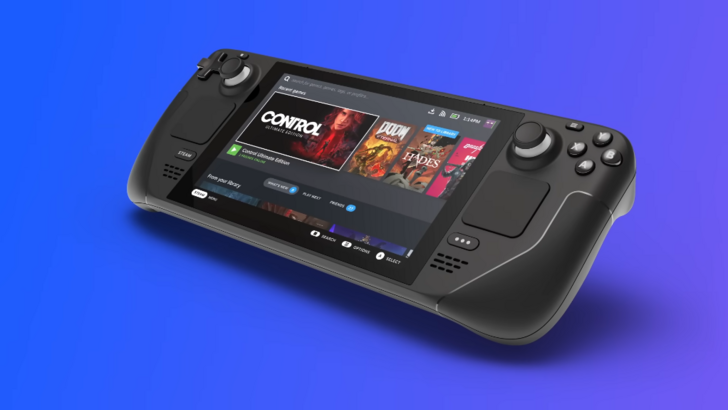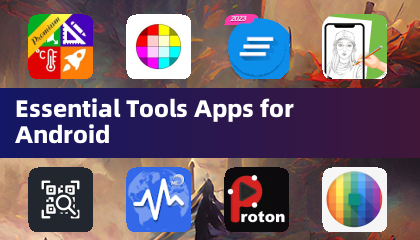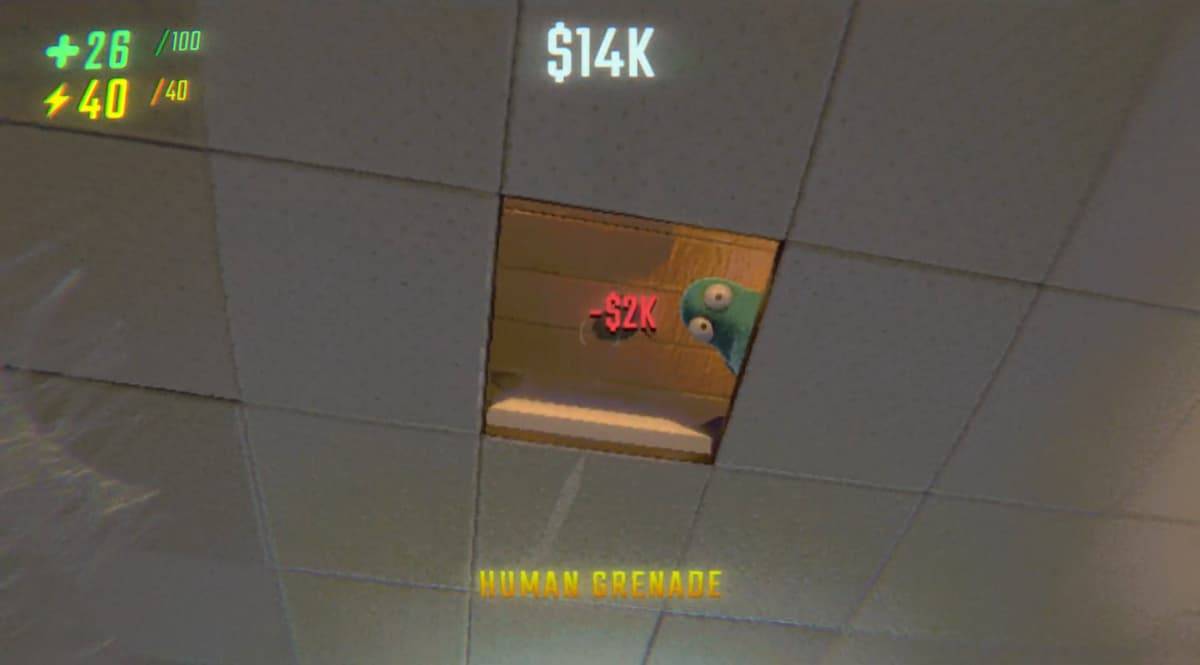
Valve's Steam Deck: A Generational Leap, Not Annual Upgrades
Unlike the yearly update cycle prevalent in the smartphone industry, Valve has confirmed that the Steam Deck will not receive annual hardware releases. This strategy, explained by designers Lawrence Yang and Yazan Aldehayyat, prioritizes substantial, generational improvements over incremental yearly changes.
Yang emphasized the unfairness of releasing yearly updates with only minor improvements. "We’re not going to do a bump every year," he stated. "There’s no reason to do that. And, honestly, from our perspective, that’s kind of not really fair to your customers to come out with something so soon that’s only incrementally better." The focus instead is on significant upgrades, a "generational leap," without compromising battery life.
Aldehayyat highlighted Valve's dedication to addressing user needs, particularly in providing a seamless PC gaming experience outside of traditional desktop environments. While acknowledging room for improvement, they celebrated the Steam Deck's innovative features, such as its touchpads, which offer advantages over competitors like the ROG Ally. They even expressed a welcoming attitude towards competitors adopting similar innovations.
The team openly discussed features they wished to include in the OLED model, primarily a variable refresh rate (VRR). They regretted its absence, acknowledging user demand and their own desire for its inclusion. Yang clarified that the OLED release was a refinement of the original vision, not a second-generation device. Future improvements, including enhanced battery life, are actively being explored, but are constrained by current technological limitations.
Despite the lack of annual hardware updates, Valve doesn't view the competition (Asus ROG Ally, Ayaneo, etc.) as an "arms race." Instead, they welcome the innovation spurred by the Steam Deck's entry into the market and are enthusiastic about the diverse design approaches from competitors. Aldehayyat expressed excitement about the overall advancement of handheld PC gaming experiences.
The staggered global rollout of the Steam Deck, with its recent official launch in Australia in November 2024, may have influenced Valve's decision. The delay was attributed to logistical complexities, including financial due diligence, warehousing, shipping, and returns management. Despite initial design considerations for global availability, the lack of established business infrastructure in certain regions caused delays. The Steam Deck remains unavailable in several countries, including Mexico, Brazil, and parts of Southeast Asia, although unofficial channels exist. This contrasts with its availability in the US, Canada, much of Europe, and parts of Asia.




















